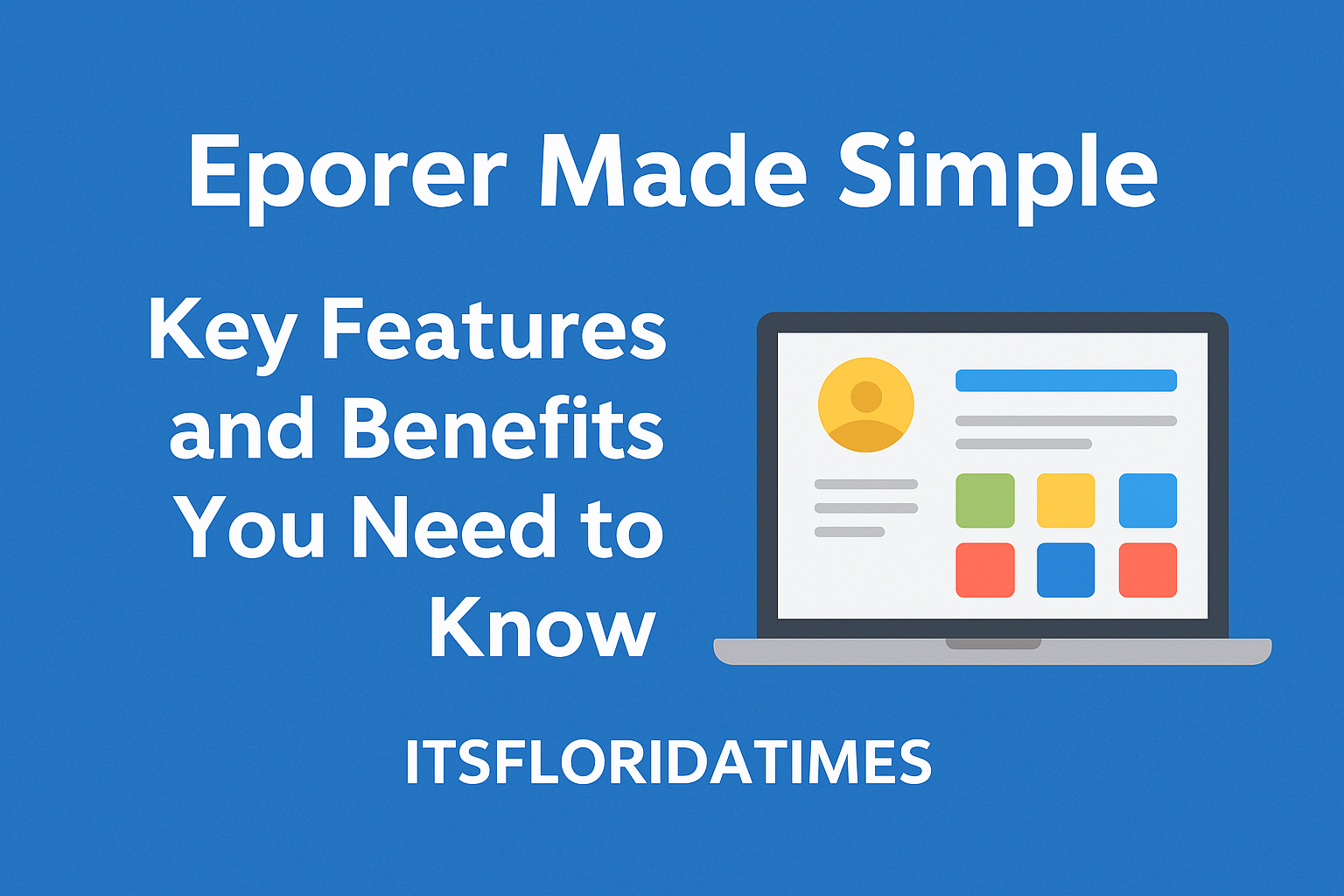If you’ve ever dreamed of opening a bar or a restaurant that serves drinks, you might be wondering, how much is a liquor license in Florida? Getting a liquor license is an important step in starting your business, and it can be a bit confusing. But don’t worry! This guide will break down everything you need to know about liquor licenses in Florida, including what they cost, how to apply, and what types you might need.
Understanding Liquor Licenses in Florida
A liquor license is a special permission from the state that allows you to sell alcoholic beverages. In Florida, there are different types of liquor licenses depending on what kind of business you want to run. For example, if you want to open a bar, you will need a different license than if you want to sell beer in a grocery store.
These licenses are regulated by the Florida Division of Alcoholic Beverages and Tobacco (ABT). This means that the state has specific rules about how to get a license and what you can do with it. Understanding these rules is crucial for anyone looking to open a business that sells alcohol. Also read How Much Is a Liquor License in Florida?
Types of Liquor Licenses
There are several different types of liquor licenses in Florida. Each one is designed for a specific kind of business. Here are some of the most common types:
- 4COP License: This license allows you to sell beer, wine, and liquor for consumption on the premises. It’s perfect for bars and restaurants.
- 2COP License: This license permits the sale of beer and wine only, typically for retail businesses or restaurants that do not want to serve hard liquor.
- 3PS License: This is a special license for places like hotels and motels that sell alcoholic beverages but not for consumption on the premises.
- Package License: This license is for businesses that sell alcohol for off-premises consumption, like liquor stores.
Understanding which license you need is the first step. It can affect how much you will pay and what your business can do.
How Much Does a Liquor License Cost in Florida?
So, how much is a liquor license in Florida? The cost can vary widely based on several factors, including the type of license you need, your location, and any additional fees. Here’s a breakdown of what you can expect:
Application Fees
When you apply for a liquor license, you will usually need to pay an application fee. This fee can range from $100 to several thousand dollars, depending on the type of license. For example:
- A 4COP license can cost between $1,000 and $2,000.
- A 2COP license may be around $300 to $800.
- A 3PS license can cost $500 or more.
Annual Fees
Once you have your license, you’ll also need to pay annual fees to keep it active. These fees can vary, but here’s a rough idea:
- 4COP license: $1,500 to $3,000 per year.
- 2COP license: $300 to $600 per year.
- 3PS license: $500 to $1,000 per year.
Local Fees
Don’t forget about local fees! Some cities and counties have their own requirements, which can add to the cost. These local fees can vary significantly. It’s a good idea to check with your local government to understand what additional costs you might face.
Additional Costs
Besides the application and annual fees, there may be other costs involved in getting a liquor license. For example:
- Background checks: You may have to pay for background checks for yourself and any partners.
- Zoning fees: If your business location needs a zoning change to sell alcohol, that could cost money, too.
- Legal fees: If you hire a lawyer to help you with the process, that will add to your expenses.
Total Cost Estimates
Considering all these factors, the total cost of getting a liquor license in Florida can range from a few hundred dollars to over $10,000 or more. It’s essential to budget for these costs when planning your business.
How to Apply for a Liquor License in Florida
Now that you know how much is a liquor license in Florida, let’s discuss how to actually get one. The application process can seem daunting, but breaking it down into steps can make it easier.
Step 1: Determine the Type of License You Need
Before you start your application, you need to know what type of liquor license is right for your business. Research the different types and think about what you plan to sell.
Step 2: Prepare Your Application
Once you’ve determined the type of license you need, gather all the required documents. Common documents include:
- A detailed business plan
- Proof of identity (like a driver’s license)
- Financial statements
- Any local business permits
Step 3: Submit Your Application
After you have everything ready, submit your application to the Florida Division of Alcoholic Beverages and Tobacco. Make sure to pay the application fee at this time. You can usually submit your application online, by mail, or in person.
Step 4: Wait for Approval
Once your application is submitted, you’ll need to wait for it to be processed. This can take several weeks or even months. The ABT will conduct background checks and verify your information. Be patient during this time!
Step 5: Attend a Hearing (if required)
In some cases, you might need to attend a hearing where local officials will discuss your application. This is more common in areas where there are many liquor licenses or concerns about the sale of alcohol. Be prepared to answer questions about your business and how you plan to operate.
Step 6: Get Your License
If your application is approved, you’ll receive your liquor license! Make sure to keep it displayed prominently in your business, as required by law.
Important Things to Consider
Getting a liquor license in Florida is not just about paying the fees and filling out forms. There are several other important things to consider:
Compliance with Laws
Once you have your liquor license, you must comply with all state and local laws regarding the sale of alcohol. This includes checking IDs to verify that customers are of legal drinking age, serving responsibly, and not selling alcohol to intoxicated individuals. Failure to follow these laws can result in fines, suspension, or even loss of your license.
Insurance
It’s also a good idea to get liability insurance for your business. This protects you in case of accidents or incidents related to alcohol consumption. Insurance costs can vary, so shop around to find the best coverage for your needs.
Training
Consider providing training for your staff on responsible alcohol service. Many states require bartenders and servers to undergo training programs, and it can help create a safe environment for your customers.
Local Restrictions
Be aware of any local restrictions on alcohol sales, such as limitations on hours of operation or types of alcohol you can sell. Local regulations can vary widely, so it’s essential to stay informed.
Conclusion
In conclusion, knowing how much is a liquor license in Florida is just the beginning of your journey to opening a business that serves alcohol. The cost can vary significantly depending on the type of license you need, local fees, and other considerations. It’s essential to do your research, prepare your application carefully, and stay compliant with all laws and regulations.
Starting a business can be challenging, but with the right information and planning, you can make your dream of owning a bar, restaurant, or retail store a reality. Good luck on your exciting journey into the world of alcohol sales in Florida!





